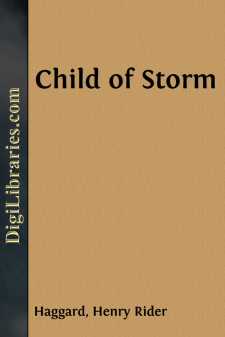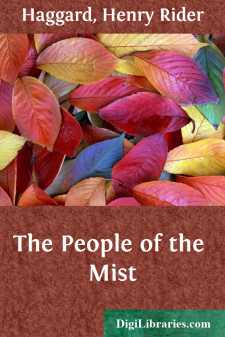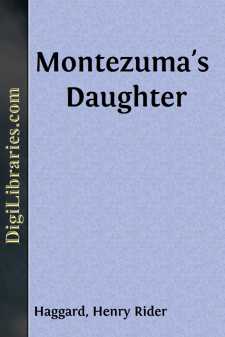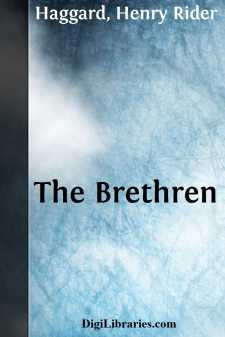Categories
- Antiques & Collectibles 13
- Architecture 36
- Art 48
- Bibles 22
- Biography & Autobiography 813
- Body, Mind & Spirit 142
- Business & Economics 28
- Children's Books 17
- Children's Fiction 14
- Computers 4
- Cooking 94
- Crafts & Hobbies 4
- Drama 346
- Education 46
- Family & Relationships 57
- Fiction 11829
- Games 19
- Gardening 17
- Health & Fitness 34
- History 1377
- House & Home 1
- Humor 147
- Juvenile Fiction 1873
- Juvenile Nonfiction 202
- Language Arts & Disciplines 88
- Law 16
- Literary Collections 686
- Literary Criticism 179
- Mathematics 13
- Medical 41
- Music 40
- Nature 179
- Non-Classifiable 1768
- Performing Arts 7
- Periodicals 1453
- Philosophy 64
- Photography 2
- Poetry 896
- Political Science 203
- Psychology 42
- Reference 154
- Religion 513
- Science 126
- Self-Help 84
- Social Science 81
- Sports & Recreation 34
- Study Aids 3
- Technology & Engineering 59
- Transportation 23
- Travel 463
- True Crime 29
Child of Storm
Categories:
Description:
Excerpt
CHAPTER I. ALLAN QUATERMAIN HEARS OF MAMEENA
We white people think that we know everything. For instance, we think that we understand human nature. And so we do, as human nature appears to us, with all its trappings and accessories seen dimly through the glass of our conventions, leaving out those aspects of it which we have forgotten or do not think it polite to mention. But I, Allan Quatermain, reflecting upon these matters in my ignorant and uneducated fashion, have always held that no one really understands human nature who has not studied it in the rough. Well, that is the aspect of it with which I have been best acquainted.
For most of the years of my life I have handled the raw material, the virgin ore, not the finished ornament that is smelted out of it—if, indeed, it is finished yet, which I greatly doubt. I dare say that a time may come when the perfected generations—if Civilisation, as we understand it, really has a future and any such should be allowed to enjoy their hour on the World—will look back to us as crude, half-developed creatures whose only merit was that we handed on the flame of life.
Maybe, maybe, for everything goes by comparison; and at one end of the ladder is the ape-man, and at the other, as we hope, the angel. No, not the angel; he belongs to a different sphere, but that last expression of humanity upon which I will not speculate. While man is man—that is, before he suffers the magical death-change into spirit, if such should be his destiny—well, he will remain man. I mean that the same passions will sway him; he will aim at the same ambitions; he will know the same joys and be oppressed by the same fears, whether he lives in a Kafir hut or in a golden palace; whether he walks upon his two feet or, as for aught I know he may do one day, flies through the air. This is certain: that in the flesh he can never escape from our atmosphere, and while he breathes it, in the main with some variations prescribed by climate, local law and religion, he will do much as his forefathers did for countless ages.
That is why I have always found the savage so interesting, for in him, nakedly and forcibly expressed, we see those eternal principles which direct our human destiny.
To descend from these generalities, that is why also I, who hate writing, have thought it worth while, at the cost of some labour to myself, to occupy my leisure in what to me is a strange land—for although I was born in England, it is not my country—in setting down various experiences of my life that do, in my opinion, interpret this our universal nature. I dare say that no one will ever read them; still, perhaps they are worthy of record, and who knows? In days to come they may fall into the hands of others and prove of value. At any rate, they are true stories of interesting peoples, who, if they should survive in the savage competition of the nations, probably are doomed to undergo great changes. Therefore I tell of them before they began to change.
Now, although I take it out of its strict chronological order, the first of these histories that I wish to preserve is in the main that of an extremely beautiful woman—with the exception of a certain Nada, called "the Lily," of whom I hope to speak some day, I think the most beautiful that ever lived among the Zulus....












